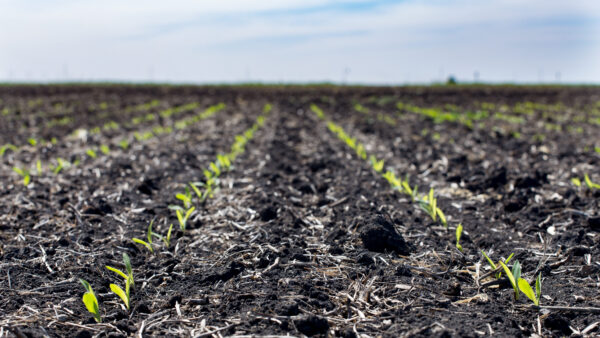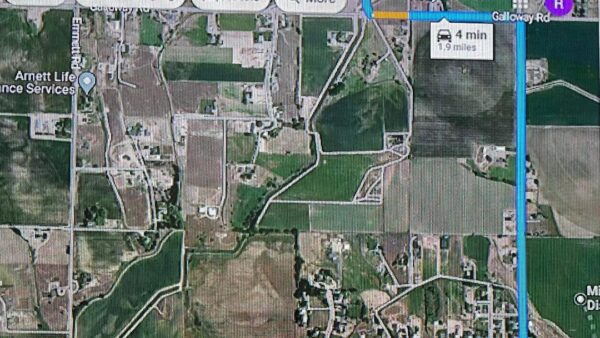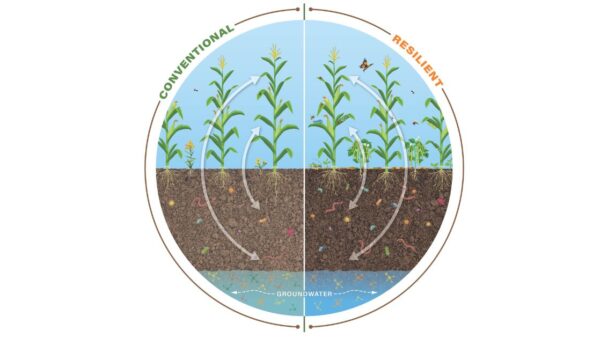Bitterly cold weather in the middle of the U.S. is threatening wheat plants as cattle battle to stay warm.
A wide swath of the U.S. wheat belt faced readings below 0 Fahrenheit (-18 Celsius) on Monday, damaging crops that didn’t have a protective layer of snow, according to World Weather Inc. Temperatures through Jan. 4 are forecast at 15 to 25 degrees below normal from the Southern Plains to Ohio Valley, the National Weather Service forecasts. The chill can also slow grain movement as ice builds on rivers and railways.
March futures tracking both hard red winter and soft red winter wheat climbed to the highest since early December in Chicago, while the February cattle contract reached a one-month high. Feeder-cattle futures rose as much as 4.5 cents, the exchange limit.
For wheat, “widespread winterkill occurred on Monday across southeastern Colorado, much of Kansas, far northern Oklahoma, central Missouri, southern Illinois, and southwestern Indiana,” according to Radiant Solutions.
The full extent of the grain damage won’t be known until the crop begins to grow again in the spring, said Mike O’Dea, risk management consultant for INTL FCStone in Kansas City, Missouri. Winter wheat is planted in the fall and lies dormant during the winter months until warmer weather triggers further plant development. Several of the top U.S. growing states have also faced an expanding drought in the past few months.
The cold weather means it takes longer for cattle to add pounds, though the impact isn’t expected to last long, said Dennis Smith, a senior account executive at Archer Financial Services in Chicago. While hogs and poultry are primarily raised indoors, cattle graze on pastureland and bulk up in outdoor feedlots throughout the year.
“When it’s so cold, they have to consume so much energy just to stay warm that the weight gain is going to be minimal,” Smith says. Once the freeze ends, “they also will probably recover fairly quickly because it’s not going to be a huge muddy mess,” thanks to recent dry weather, he said.
Source: BloombergMarkets











